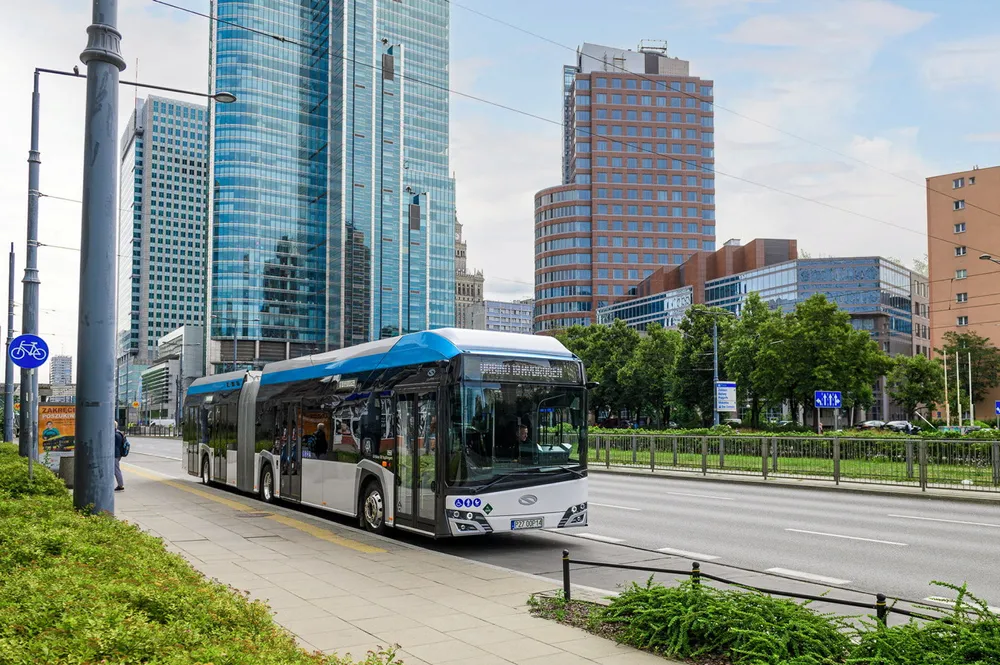Europe’s frontrunner | German city of Cologne to have 160 hydrogen buses in operation by end of 2024
Country’s fourth-largest city expands its continent-leading fleet with purchase of 18 articulated fuel-cell buses

Country’s fourth-largest city expands its continent-leading fleet with purchase of 18 articulated fuel-cell buses
